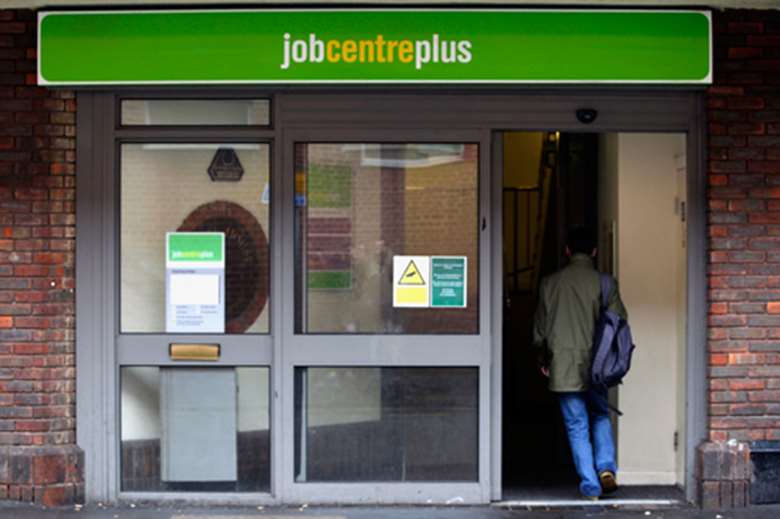Government urged to underwrite social impact bonds
Gabriella Jozwiak
Tuesday, May 7, 2013
The government should guarantee private investments in social impact bonds to encourage more private funding in the third sector, a charity finance expert has said.

Michael Chuter, director of resources at the National Children’s Bureau, said the government needed to send a message to investors that it was serious about supporting the third sector, by underwriting the potential financial risk associated with the schemes.
Chuter said too much of the current investment came from organisations that already funded charitable activities. “Social investment represents a derisory percentage of the income of the third sector,” said Chuter.
“The big problem is that all the investors in all the current programmes are by the usual suspects. They are people who are well-disposed to the third sector who would give money to the third sector anyway.
“This whole process is only going to take off if it starts attracting serial investors from the main investment markets.”
Chuter said private investors were reluctant to invest in the schemes because none of the current projects, including the first one based in a prison in Peterborough that began in 2010, had yet to deliver a profit.
“Nobody actually knows if this works. If you’re an investor and you’re being asked to invest in a product that you don’t know works, your ability to assess the risk is negligible,” said Chuter.
Speaking at an Action for Children discussion on the issue, Chuter said one way of instilling confidence in social impact bonds would be for the government to underwrite private investments, as it currently underwrites banking deposits.
“The government should provide a safety net for the first 50 social impact bonds for investors that come from outside the third sector,” said Chuter.
“The first 20 or 25 per cent of losses should be covered by the government. Hopefully it won’t have to pay out on that because there won’t be any losses.”
Tamsyn Roberts, head of the Cabinet Office’s Centre for Social Impact Bonds, agreed the social impact bond market was still small, but added that the office was seeing growing interest.
“There are people out there who are starting to invest and take some of that risk and helping to attract others into the market,” said Roberts.
“Whether we're going to have a government guarantee scheme is something we’d have to discuss with the Treasury, which is not going to be an easy conversation to have.”
The comments were made at an event that highlighted Essex County Council’s Multi-Systemic Therapy programme for adolescents on the edge of care, which is funded by a social impact bond.
Social impact bonds are a type of payment-by-results scheme, where payment is delivered based on the outcomes achieved rather than the services delivered.
There are currently 14 social impact bond-funded projects operating in the UK, including those supporting children and young people not in education, employment or training and children in care.




